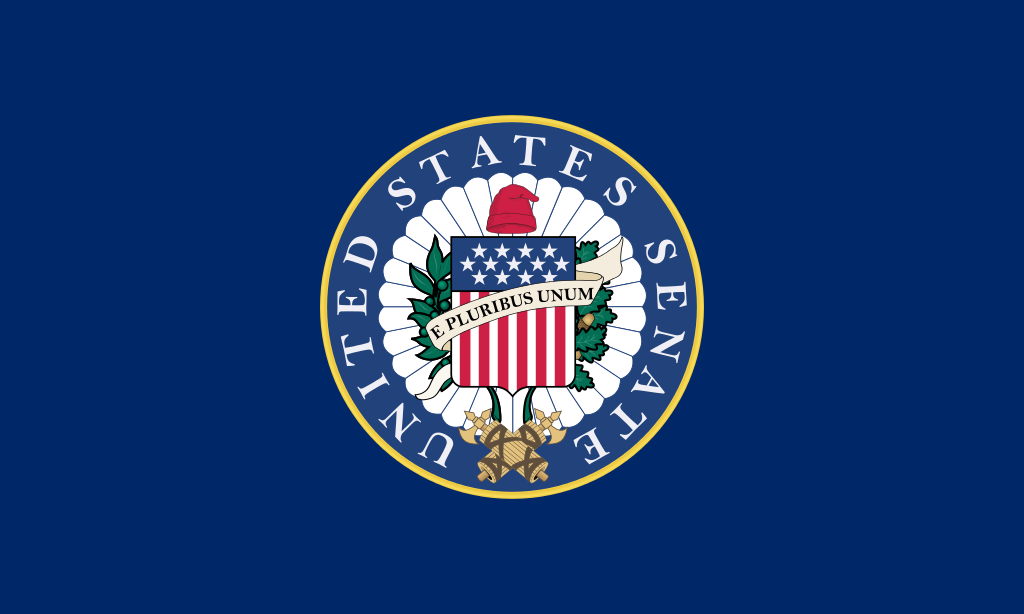Sponsor:
Date of Prayer: 2005-04-12
CONGRATULATING RABBI JEHIEL ORENSTEIN
HON. BILL PASCRELL, JR. of New Jersey
in the House of Representatives
Tuesday, April 12, 2005Mr. PASCRELL. Mr. Speaker, I rise today to honor the career and accomplishments of Rabbi Jehiel Orenstein. Rabbi Orenstein is a beloved figure not only among the 575 families at Congregation Beth EL, but throughout the community at-large.
In 1961, Jehiel Orenstein received his master’s degree in Judaica and was ordained as a Rabbi at the Jewish Theological Seminary of America. While he was a student there, he received the Lawrence Prager Award for outstanding scholarship in medieval Hebrew Literature. In 1986, Rabbi Orenstein received his PhD from New York University in linguistics. In that same year, he was awarded the degree of Doctor of Divinity from the Jewish Theological Seminary of America.
Rabbi Orenstein served as Chaplain of the United States Air Force on Lackland Air Force Base in San Antonio, Texas. After three years on Lackland Air Force Base, Rabbi Orenstein moved to Lynbrook, New York, where he was Rabbi of Congregation Beth David. After his stay at Temple Beth David he became Rabbi at Temple Israel in Great Neck, New York. For the past 35 years, Rabbi Orenstein has served as the spiritual leader of Congregation Beth El in South Orange, New Jersey. During his distinguished tenure at Beth EI, Rabbi Orenstein has overseen a vibrant and growing Conservative Jewish congregation.
He has written several publications, including a book about Hebrew Literature. Some of his other works include articles published in Conservative Judaism, the New York Times, and Bai’nanu, a working publication for American Conservative Rabbis.
Rabbi Orenstein is the past president of the Maplewood-South Orange Clergy Association, Chaplain of the State Police of New Jersey, and Chaplain of the Maplewood Police and Fire Departments. He is also the past president of the Rabbinical Assembly of New Jersey. I know that he is particularly proud of founding the South Orange-Maplewood Interfaith Holocaust Service, a 27-year tradition.
Rabbi Orenstein is married to Sylvia Mowshowitz Orenstein, a very accomplished attorney in her own right. They are the parents of three very successful children, and are the proud grandparents of five.
Mr. Speaker, I would like to wish Rabbi Jehiel Orenstein a hearty “Mazel Tov!” on giving the opening prayer today on the Senate floor.
Rabbi Orenstein built a strong synagogue during his 35 years at Beth EI, and has been a pillar for the South Orange-Maplewood region. I would also like to thank him for his years of service dedicated not only to his congregants, but our community and the State of New Jersey. May he enjoy a very well-deserved retirement.
| Contribute a translation | Source (English) |
|---|---|
|
|
Opening Prayer Given by the Guest Chaplain: |
|
|
Our G-d and G-d of our ancestors,
who shall stand in G-d’s holy place?[1] Psalms 24:3 part. The Psalmist answers, “One who has clean hands and a pure heart who has not used G-d’s name in false oaths.”[2] Psalms 24:4. Almighty Legislator of our lives, our hopes, our dreams, as legislators, one may sometimes despair and say, “Who can stand in G-d’s place?” After all, we are human, limited. What a vast distance between us and the Creator of the laws of the universe. |
|
|
And yet,
the Psalmist gives us hope. If you want our law to reflect ultimate law, “Start,” says the Psalmist, “with clean hands and a pure heart.” No worthy law has ever emanated from this place that was not first and foremost ethical. |
|
|
And then
the Psalmist asks us to remember our vow, a vow given to the Ultimate Legislator and to the American people, to hold fast to our vow no matter how great the pressure. |
|
|
On this Tuesday in April 2005,
may there be a sense of spring and renewal. Let us bridge the distance between the law of the human beings and the law of the Creator of the universe. |
|
|
Rabbi Akivah taught,
“The greatest of G-d’s law is, ‘Love thy neighbor as thyself.’ (Leviticus 19:18).”[3] Jerusalem Talmud Nedarim 30b. May this Senate, may this Congress, may this people come ever closer through our laws to the ultimate law of love. May you be blessed in your work, and may that work make you, and through you, all of America, a home that reflects G-d’s love on this Earth, and let us all say, Amen. |
Source(s)
109th Congress, 1st Session
Issue: Vol. 151, No. 42 — Daily Edition (April 12, 2005)



